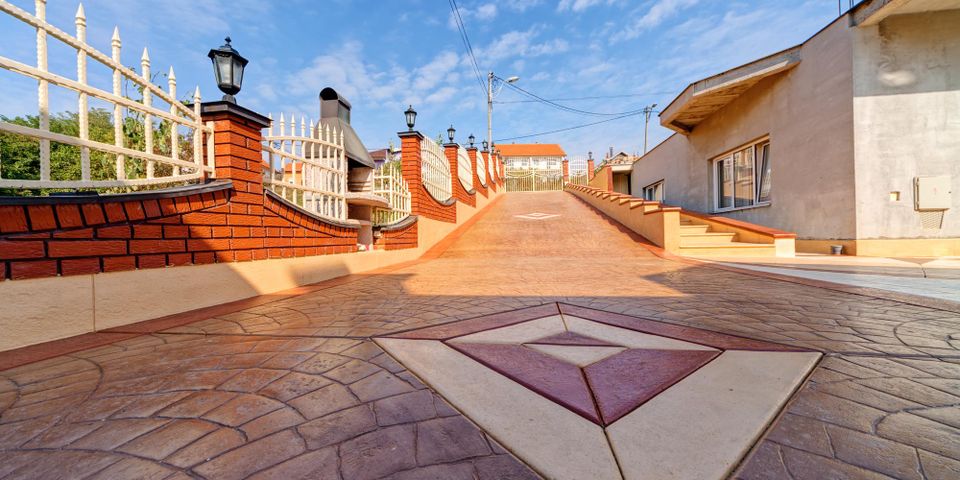Is Concrete or Asphalt Better for Your Driveway?

When you’re looking for a new driveway for your property, you will most likely choose either concrete or asphalt. Each material has a different set of strengths and weaknesses. Here is a rundown of everything you should know about these surfaces to help you make the right choice.
What Are the Benefits of Asphalt?
 Asphalt is a solid option for a new driveway. You can drive over it just days after installation, and it has the potential to last for 20-30 years. Due to its dark appearance, it hides oil stains well.
Asphalt is a solid option for a new driveway. You can drive over it just days after installation, and it has the potential to last for 20-30 years. Due to its dark appearance, it hides oil stains well.
Unfortunately, asphalt can’t be customized to match your house. It only comes in dark gray. It’s also susceptible to breaking down if you live in a hotter climate; you may notice the surface suddenly feeling sticky.
What Are the Advantages of Concrete?
Concrete is surprisingly versatile when it comes to aesthetics. With stamping and coloring options, you can easily achieve a driveway that matches the palette of your home or features a pattern with a related motif. The material also lasts much longer than asphalt; it could be over 50 years before you need to consider replacing it.
Due to its lighter appearance, concrete is more susceptible to staining. Concrete does have the potential for minor cracking in cold winters—but so does asphalt if the conditions are right. Despite these weaknesses, concrete is generally a more popular option for homeowners due to its strengths in appearance and durability.
If you’re interested in beautifying your property with a concrete driveway, get in touch with Melvin Hubbard Concrete Construction in Broken Arrow, OK. Serving Tulsa and Wagoner counties for over 15 years, the professionals can install new driveways, repair cracks, and stamp concrete designs to your taste. For a free estimate, call (918) 857-1163 or send a message through their website.
About the Business
Have a question? Ask the experts!
Send your question

